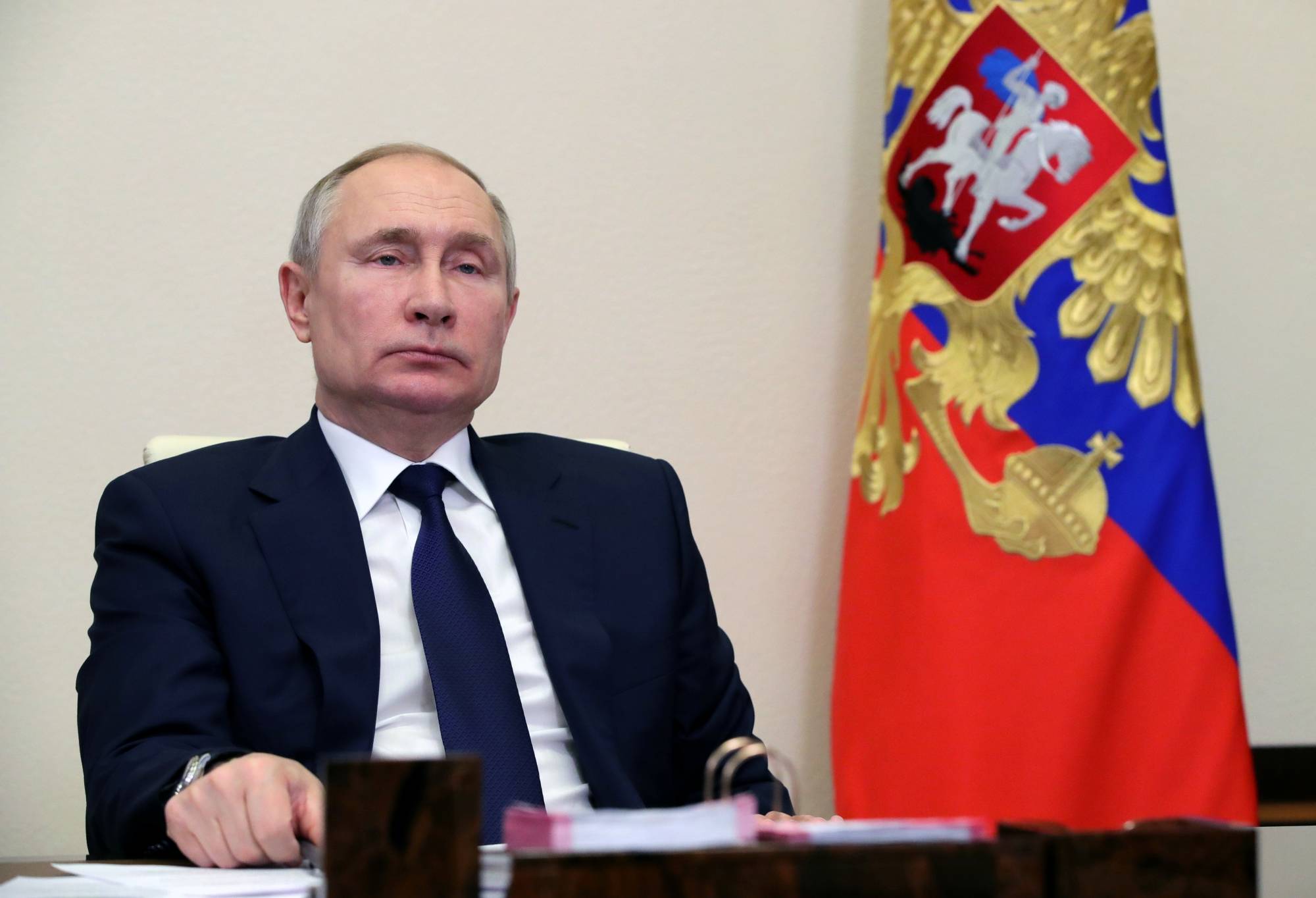Decades after the Cold War, Russia remains the perfect enemy, with an unmatched ability to agitate Europe’s political class. But the intensity of European debates and emotions regarding Russia masks a growing unity that should underpin a new approach toward President Vladimir Putin’s regime.
In the mid-2000s, Europeans were deeply divided regarding relations with Russia. Germany, led by then-Chancellor Gerhard Schroder, wanted to engage with it, while Central and East Europeans sought containment. On the surface, today’s debates about Nord Stream 2, a controversial pipeline that will deliver Russian gas directly to Germany, and the Kremlin’s persecution of Russian opposition leader Alexei Navalny appear to be reinforcing that old divide. But the reality is quite different.
Europe no longer has any illusions that Russia is on a trajectory toward liberal democracy that could be accelerated through engagement. Also out is the idea that states in the Kremlin’s firing line are in trouble only because of their own provocative behavior.

















With your current subscription plan you can comment on stories. However, before writing your first comment, please create a display name in the Profile section of your subscriber account page.